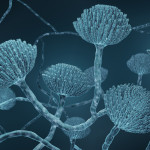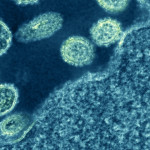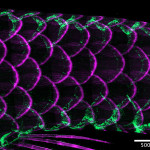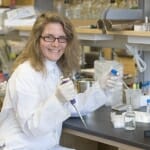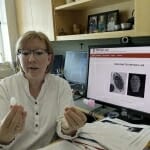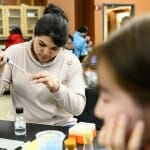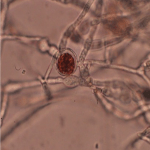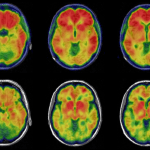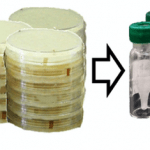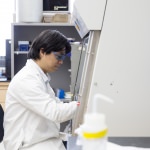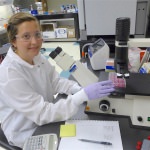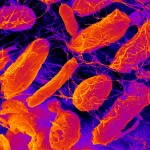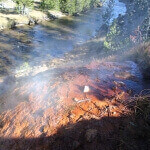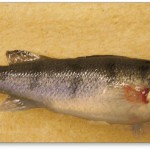Tag Microbiology
Fueled by new chemistry, algorithm mines fungi for useful molecules
Researchers have trained a new algorithm based on promising new targets and reinvigorated the search for clusters of genes likely to result in interesting biological compounds.
Tom Brock, who discovered world-changing extremophiles, dies at 94
One of the species Brock discovered helped usher in the modern era of molecular biology and underpins today’s PCR tests for the COVID-19 virus.
UW’s Elizabeth McCoy was a pioneer of 20th century microbiology
As a woman in a field dominated by men, McCoy rarely received the accolades that her male colleagues did, but by all accounts, she felt welcome at the university and respected by her peers.
Thanks to science, parasite can have sex in mice, not just cats
The work could lead to a vaccine for cats and throws a critical lifeline to scientists who study the parasite by providing a new animal model in which to study it.
A Trojan horse? Immune cells ferry deadly fungus from mouse lung into the blood
New research shows how inhaled fungal spores exit the lung and trigger a fatal infection in mice. It appears that lung macrophages abandon their posts as bodyguards and begin smuggling spores into the bloodstream.
Microbiology capstone course plumbs life’s mysteries in the deep ocean
In a capstone research project, dozens of senior microbiology majors are coaxing their microscopic subjects back to life and dissecting their genetic information in hopes of illuminating how their harsh ecosystems function.
A hidden world of communication, chemical warfare, beneath the soil
New research from the University of Wisconsin–Madison shows how some harmful microbes have to contend not just with a farmer’s chemical attacks, but also with their microscopic neighbors — and themselves turn to chemical warfare to ward off threats.
Finding useful chemicals from fungi, faster
Fungi are rich sources of natural molecules for drug discovery, but many challenges have pushed pharmaceutical companies away from tapping into this bounty. Now scientists…
Termite gut holds a secret to breaking down plant biomass
In the Microbial Sciences Building at the University of Wisconsin–Madison, the incredibly efficient eating habits of a fungus-cultivating termite are surprising even to those well acquainted with the insect’s natural gift for turning wood to dust.
Byzantine skeleton yields 800-year-old genomes from a fatal infection
Researchers discovered extraordinarily well preserved microfossils — mineralized ‘ghost cells’ — that closely resembled bacteria from the genus Staphylococcus.
UW biotech spinoff Mirus Bio celebrates two decades in business
The company makes cutting-edge products based on discoveries by three UW scientists for delivering DNA and RNA into cells.

